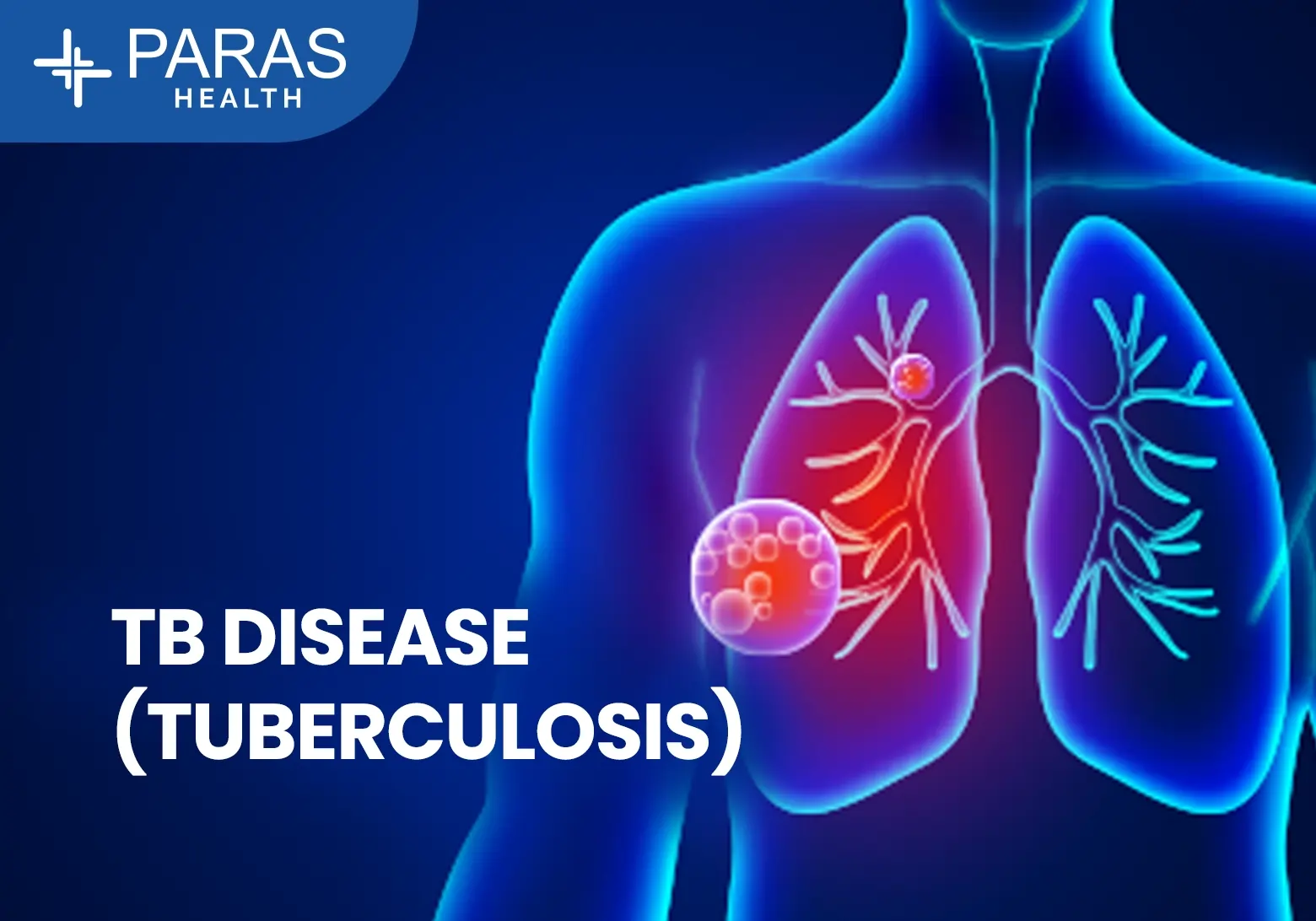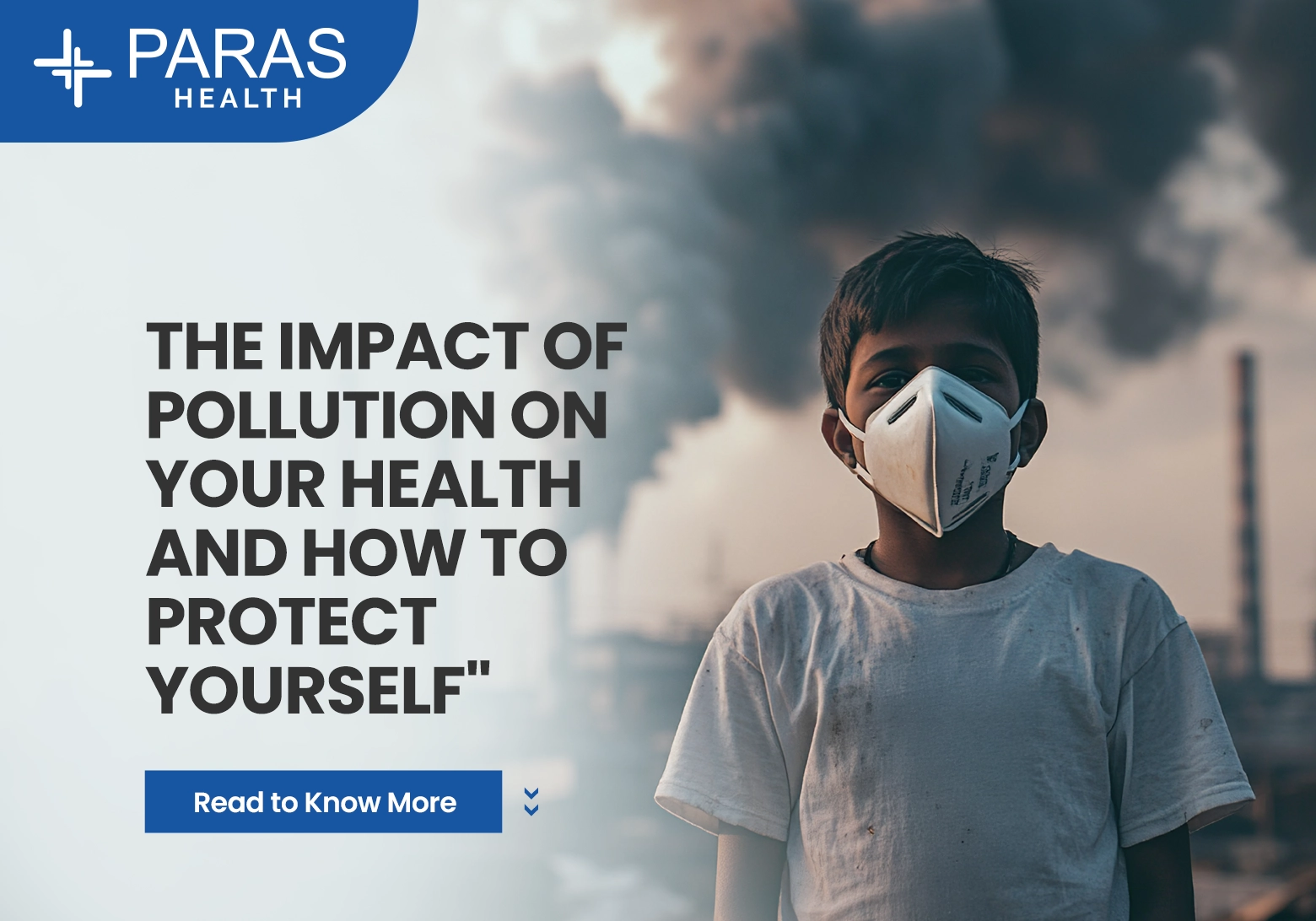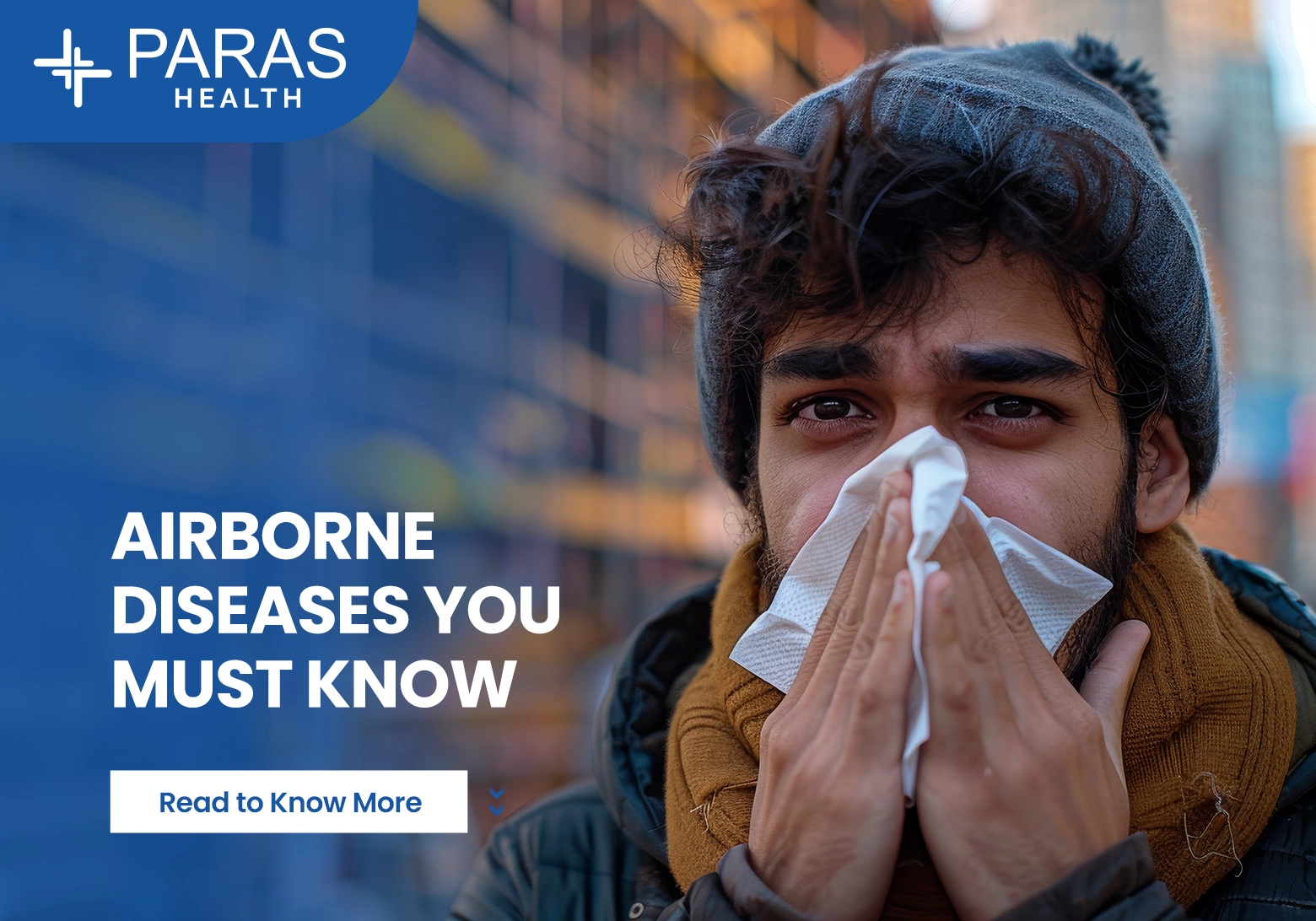Dry Cough: Complete 360° Guide — Causes, Symptoms, Remedies & Medical Treatment
Nov 24, 2025
A dry cough may sound simple, but anyone who has experienced it knows how irritating and exhausting it can be. Unlike a wet cough that brings up mucus, a dry cough is a tickly, scratchy, non-productive cough, where nothing comes out — only constant irritation.
People often describe it as:
- “A tickle that won’t stop.”
- “A scratchy feeling deep inside the throat.”
- “An urge to cough every few minutes.”
- “Worse at night, especially while lying down.”
The biggest challenge? You don’t always know why it’s happening.
Dry cough can come from allergies, asthma, viral infections, acid reflux, pollution, smoking, sinus issues, dry air, or even certain medicines.
This detailed guide will help you understand:
- What a dry cough is
- How it feels
- Why it happens
- All major causes
- Symptoms that shouldn’t be ignored
- Home remedies that really work
- Medical treatments
- When dry cough becomes dangerous
Let’s break it down — clearly, simply, and in a way you can use immediately.
What Exactly Is a Dry Cough?
A dry cough is a cough without mucus. Your throat or airways get irritated, and the coughing reflex kicks in repeatedly. Unlike a wet cough, where you feel heaviness in the chest or thick mucus, a dry cough feels more like:
- irritation
- tickling
- burning
- scratchiness
You might cough in small bursts or long fits. Sometimes it comes suddenly, and sometimes it grows slowly over days.
There are two types:
1. Acute Dry Cough
Lasts less than 3 weeks
Common cause: viral infections, allergies, pollution, cold air.
2. Chronic Dry Cough
Lasts more than 3 weeks
Causes include asthma, GERD, sinusitis, smoking, chronic allergies, medication side-effects.
Dry cough often becomes worse at night, especially due to post-nasal drip, reflux, or dry bedroom air from AC.
Why Does Dry Cough Happen?
There isn’t one single cause. Dry cough has multiple triggers. Sometimes, more than one is involved at the same time — for example, a viral infection + pollution exposure, or GERD + dry air from AC.
Below are all major causes, expanded with examples and explanations.
Post-Viral Dry Cough (After Cold, Flu, or COVID)
This is one of the most common types.
Even after your cold, fever, or COVID has gone, the airways stay inflamed.
Why?
Because viral infections strip the moisture from your throat and irritate the airway lining. Even when the virus leaves, the post-infectious inflammation continues.
Typical Features
- dry cough for weeks
- irritated air passages
- tightness in throat
- coughing fits when talking or laughing
- dry cough worse in the morning
This is also why people get dry cough after COVID for weeks or months.
Detailed Relief Strategy
- Drink warm water frequently
- Steam inhalation to rehydrate airways
- Ginger + honey for soothing
- Avoid cold air, AC blast, or icy drinks
- Take cough suppressants (only when prescribed)
- Use a humidifier at night
Allergic Dry Cough (Dust, Pollen, Pets, Mold)
Allergies are a BIG contributor — especially in cities with dust or seasonal changes.
When you inhale allergens like:
- dust mites
- pollen grains
- pet dander
- mold spores
- pollution
- smoke
- perfumes
- chemical fumes
…the immune system releases histamines, causing airway irritation, throat tickling, and coughing.
How it feels
- tickly cough that does not stop
- itchy throat
- watery eyes or sneezing
- dry cough worse at night or early morning
- cough triggered by cleaning or going outdoors
If ignored, it becomes chronic.
Detailed Relief Strategy
- Keep your home dust-free
- Avoid carpets & heavy curtains
- Take antihistamines (doctor’s advice)
- Do not use strong perfumes or incense
- Consider an allergy test for long-term control
- Use air purifiers during high-pollen or pollution periods
Asthma or Cough-Variant Asthma
In asthma, the airways are over-sensitive.
But not all asthma patients wheeze.
Some only have dry cough — called cough-variant asthma.
How it presents
- dry cough with wheezing
- chest tightness
- breathlessness
- cough during exercise
- dry cough at night or early morning
Asthma often worsens with cold air, smoke, dust, perfumes, and viral infections.
Detailed Relief Strategy
- Use bronchodilator inhalers
- Avoid smoke, dust, cold air exposure
- Keep your room dust-free
- Get a spirometry test for diagnosis
- Follow regular asthma treatment
Acid Reflux (GERD) or Silent Reflux (LPR)
Many people don’t realize that stomach acid can cause dry cough.
If acid travels upward, it irritates the throat, causing:
- dry cough at night
- dry cough after eating
- throat clearing
- sour taste in mouth
- hoarseness
This is known as GERD dry cough or LPR (laryngopharyngeal reflux).
Detailed Relief Strategy
- Avoid lying down after meals
- Eat smaller, lighter meals
- Avoid oily, spicy foods
- Raise pillow height
- Avoid tea/coffee late at night
- Take GERD medicines if prescribed
Post-Nasal Drip (Sinus or Allergy Related)
When excess mucus drips from the nose into the throat, it irritates the airway.
This happens in:
- sinusitis
- allergic rhinitis
- nasal congestion
- sinus drainage issues
How it feels
- frequent throat clearing
- dry cough at night
- blocked nose
- heaviness around eyes or forehead
Detailed Relief Strategy
- Steam inhalation
- Saline nasal spray
- Nasal corticosteroid spray
- Allergy treatment
- Sleeping with head elevated
Smoke, Pollution & Smog
In cities with poor air quality, dry cough is extremely common.
Air pollutants like:
- smoke
- smog
- dust
- chemical fumes
- industrial emissions
- vehicle pollution
…enter the airways and cause bronchial irritation.
Detailed Relief Strategy
- Wear a mask outdoors
- Use air purifier indoors
- Avoid smoking and second-hand smoke
- Keep windows closed during high-smog days
Dry Air or Air-Conditioner Exposure
If your room air is too dry, your throat loses moisture → irritation → dry cough.
Dry-air triggers
- sleeping in AC
- staying in heated or cold rooms
- low-humidity environments
Detailed Relief Strategy
- Use a humidifier
- Place a bowl of water near the bed
- Drink warm water frequently
Medication Side-Effect (ACE Inhibitors)
Some blood pressure medicines — especially ACE inhibitors — cause a tickly dry cough.
Detailed Relief Strategy
- Speak to your doctor
- Medicine replacement usually fixes the problem
Smoking & Second-Hand Smoke
Smoking destroys the protective lining of the throat and lungs.
Even passive smoke causes irritation leading to:
- chronic dry cough
- airway inflammation
- breathlessness
- wheezing
Symptoms of Dry Cough
People experiencing dry cough may have:
- scratchy throat
- tickling sensation
- irritation deep in the throat
- throat dryness
- chest tightness
- burning sensation
- hoarseness of voice
- coughing fits
- no mucus production
- breathlessness
- wheezing
- night-time cough
- disturbed sleep
- fatigue from coughing
- difficulty talking
Sometimes symptoms become worse:
- at night
- in AC
- in cold weather
- outdoors (due to pollen or pollution)
- after eating
How Doctors Diagnose Dry Cough
To find the exact cause, doctors may recommend:
Chest X-Ray
Checks for infections, pneumonia, or lung issues.
Spirometry Test / Pulmonary Function Test
Checks lung capacity & detects asthma or COPD.
Allergy Testing
Identifies triggers like pollen, dust mites, or pet dander.
ENT Evaluation
Required for sinusitis, post-nasal drip, or throat irritation.
Nasal Endoscopy
Helps evaluate sinus or nasal blockages.
GERD Evaluation
Needed if the cough is linked to reflux.
Home Remedies for Dry Cough
Honey
Natural cough suppressant — reduces throat irritation.
Ginger
Anti-inflammatory, relaxes the airway muscles.
Warm Water
Soothes irritation and keeps throat hydrated.
Steam Inhalation
Reduces airway dryness and helps with post-nasal drip.
Turmeric Milk
Helps reduce inflammation and throat irritation.
Salt-Water Gargles
Helpful for throat pain and dryness.
Herbal Teas
Tulsi, mulethi, ginger, cinnamon — soothing and anti-inflammatory.
Humidifier
Increases indoor moisture → reduces night-time cough.
Medical Treatment for Dry Cough
A doctor may prescribe:
- Antihistamines (for allergies)
- Cough suppressants (for night-time relief)
- Bronchodilators (for asthma)
- Corticosteroid inhalers
- Nasal sprays (for allergic rhinitis / post-nasal drip)
- Antacids / PPIs (for GERD)
- Nebulization
- Decongestants
Treatment always depends on the underlying cause.
When to See a Doctor
Seek help immediately if:
- dry cough lasts > 3 weeks
- breathlessness persists
- wheezing is constant
- you feel chest pain
- you see blood in cough
- your fever stays high
- your cough worsens at night
- symptoms follow COVID infection
- there is unexplained weight loss
These may indicate asthma, pneumonia, chronic sinusitis, GERD complications, or lung conditions.
Complications of Untreated Dry Cough
Ignoring dry cough can lead to:
- chronic airway inflammation
- asthma flare-ups
- sleep disturbance
- GERD-related complications
- persistent throat irritation
- difficulty breathing
- sinus blockage
- reduced oxygen intake
FAQs
Why is my dry cough not going away?
A persistent dry cough may be due to allergies, asthma, acid reflux, sinus issues, or post-viral inflammation.
If it lasts more than 3 weeks, it becomes a chronic dry cough and needs a proper medical evaluation.
What causes dry cough at night?
Dry air, acid reflux, post-nasal drip, asthma, and allergies commonly worsen at night and trigger coughing.
Sleeping in AC or lying flat also increases throat dryness and irritation.
How can I stop dry cough immediately?
Sipping warm water, taking honey, steam inhalation, or using throat lozenges can give quick relief.
If your cough is severe or frequent, a doctor may prescribe cough suppressants.
Can allergies cause dry cough?
Yes. Dust, pollen, pet dander, mold, perfumes, and pollution can irritate your airways and cause an allergic dry cough.
Symptoms often include an itchy throat, sneezing, and coughing fits.
Is dry cough a symptom of acid reflux?
Yes. Acid reflux or silent reflux (LPR) can irritate your throat and trigger a persistent dry cough, especially at night.
You may also notice sour taste, throat clearing, or heartburn.
What is the best home remedy for dry cough?
Honey, ginger tea, warm water, turmeric milk, and steam inhalation work well to soothe the throat.
Using a humidifier at night also helps reduce irritation and coughing.
How long does a dry cough last?
A mild viral dry cough usually lasts 7–14 days.
If your cough continues for more than 3 weeks, it is considered chronic and should be checked by a doctor.
Why do I get dry cough after a cold?
After a cold or flu, the airways stay inflamed and sensitive, leading to a post-viral dry cough.
This can continue for weeks even after other symptoms have resolved.
Which medicine is best for dry cough?
The right medicine depends on the cause — antihistamines for allergies, inhalers for asthma, PPIs for reflux, or suppressants for nighttime relief.
A doctor can identify the exact trigger and prescribe the right treatment.
When should I worry about a dry cough?
Seek help if your dry cough lasts more than 3 weeks or comes with breathlessness, chest pain, fever, or blood in cough.
These may indicate asthma, infection, GERD complications, or other conditions that need treatment.






.webp)



